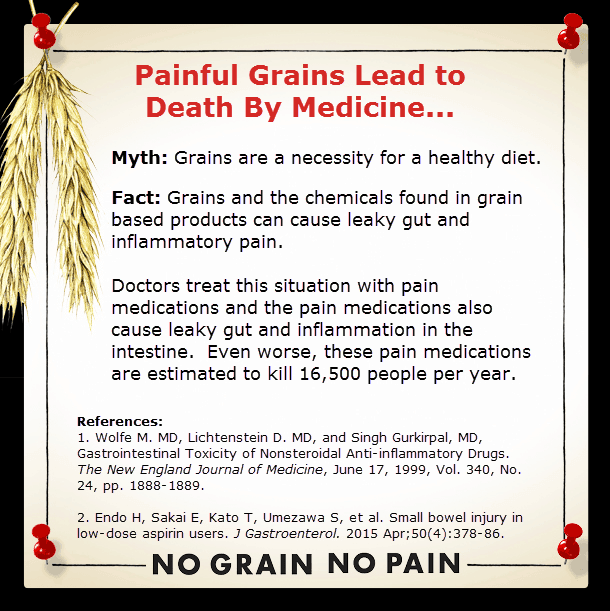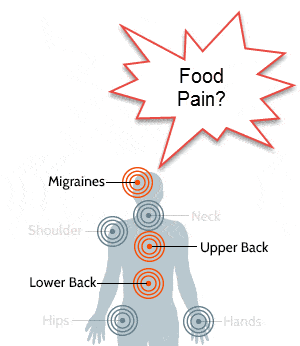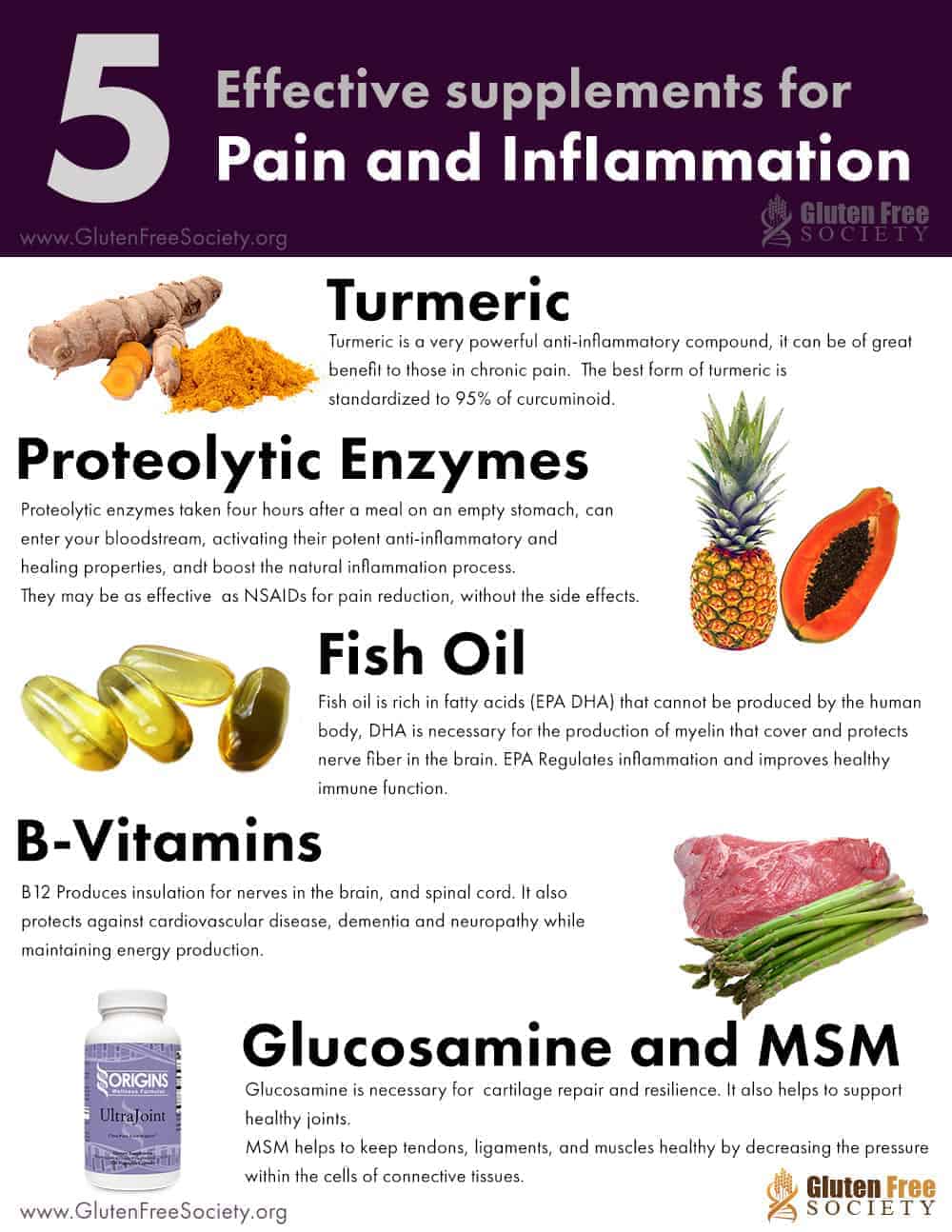Whether you are suffering with chronic arthritis or autoimmune pain, this information applies to you. As we close out National Pain Awareness Month, millions of people suffer with some form of chronic pain. It is the #1 reason people miss work, and it is the #1 reason people miss out on life. Currently, the mainstream medical model for chronic pain is the use of medications to control it. Below, I want to show you why this can be a very big problem, but I also want to show you real solutions. So again, if you suffer with –
This post is for you.
Properly prescribed pain medications kill more than 30,000 people per year, yet they remain the gold standard for treating chronic pain. As September is Pain Awareness Month, pass this information on to someone you love. You might help save their life!
Dangerous Drugs – Risks Outweigh the Benefits
Prescription pain medications pose a major health risk. According to the Center for Disease Control (CDC), approximately
40 Americans are killed daily from overdosing on prescription painkillers. An estimated 1.9 million people either abuse or are addicted to prescription opiates like Vicodin and OxyContin.
Recently, the CDC posted new guidelines warning doctors to limit the use of these medications in the management of chronic pain conditions.
CDC director Thomas Frieden states –
“We know of no other medication routinely used for a nonfatal condition that kills patients so frequently… We hope to see fewer deaths from opiates. That’s the bottom line. These are really dangerous medications that carry the risk of addiction and death.”
NSAIDS like Ibuprofen, Naproxen, and aspirin are another commonly used pain medication. These drugs kill an estimated 16,500 people every year (see image for research). In addition, they contribute to gastrointestinal damage. This damage promotes intestinal hyper permeability (leaky gut) which is a known risk factor for the development of chronic autoimmune arthritis – i.e. rheumatoid arthritis, lupus, psoriatic arthritis, ankylosing spondylitits…
Nutrient Depleting Side Effects of Pain Medications…
In the video below, I map out how many pain medications can contribute to vitamin and mineral deficiencies. Specifically, vitamin C, folate, iron, and glutathione are depleted. These nutrients are necessary to help the body heal and repair muscles and joints. They can also help support a normal inflammation response…
The answer is complex yet simple. Diet plays a major role in the inflammation process. The right food can make or break your success. I outline a 30 day program in my best selling new book,
, but we can summarize a few very important steps you can start taking right now:
A number of supplements can also be very helpful to reduce inflammation and support healing. Below is a list of 5 of the best:
Always looking out for you,
Dr. Osborne – The Gluten Free Warrior




6 Responses
Do other pain meds like gabapentin, tramadol, Prozac, etc cause leaky gut?
I have been using Osteo Bi-Flex joint heath Supplements 2 tabs a day for many years. Could its long use contribute to leaky gut or gluten complication.
Valerie and Dewithz,
Gabapentin and tramadol slow down gut motility and have a tendency to create severe constipation. This in turn can cause a host of GI issues. It is always best to try and assess the origin of the pain rather than to rely on the medications.
Does Glucosamine cause the hypertension?
Which turmeric suplement is organic and absorbs the best?
Hello, Dr. Osborne since food help with pain I’ve CIU histamine release in mass cells it’s very hard to fine the right foods to eat is there a histamine chef or recipes help please Thanks